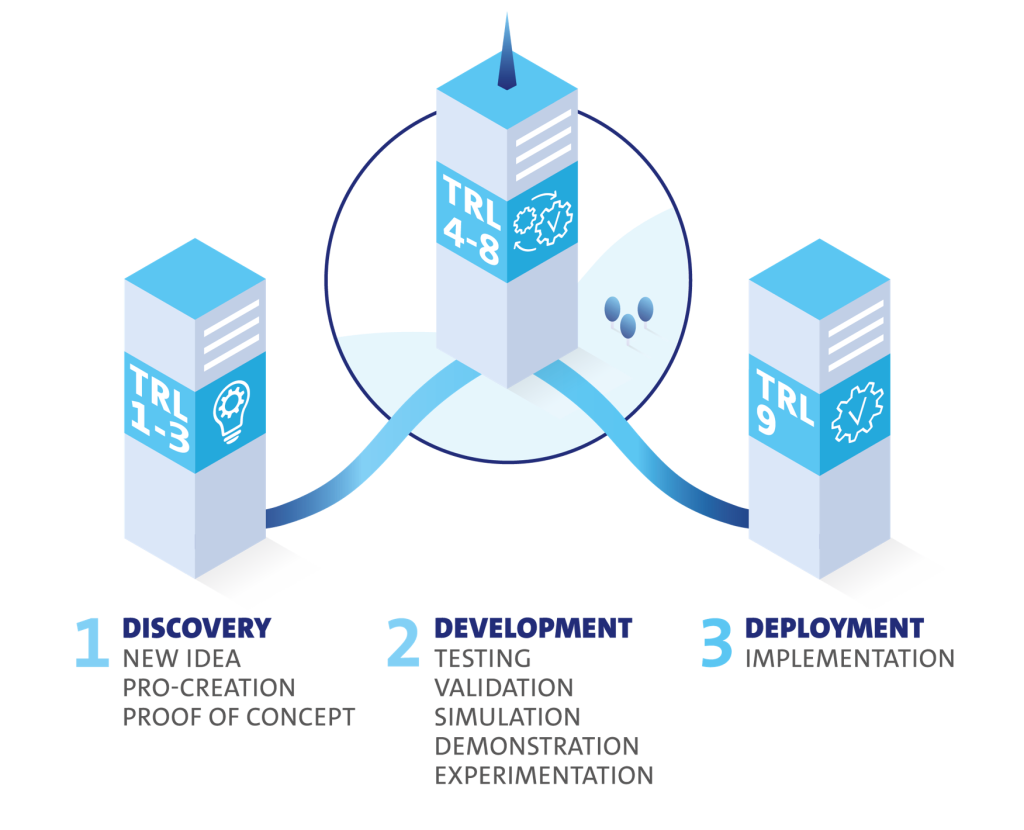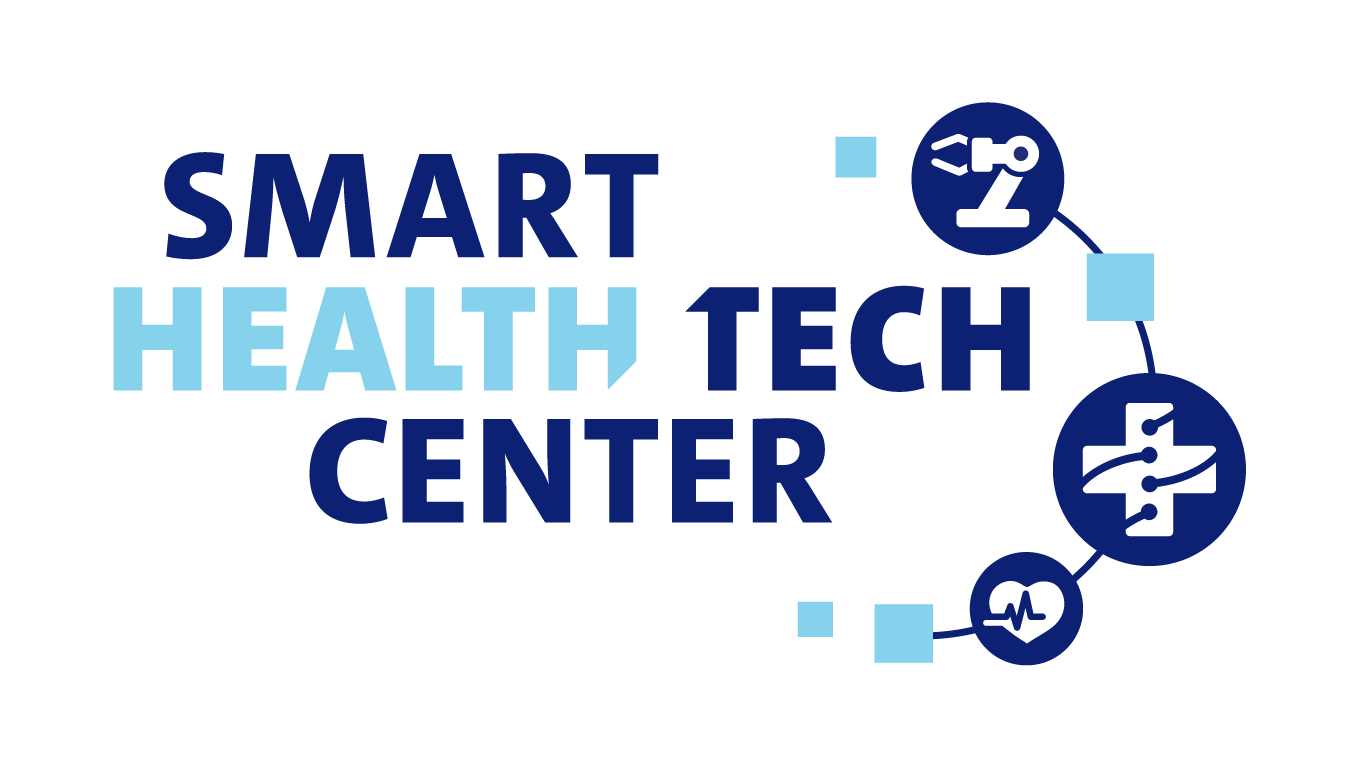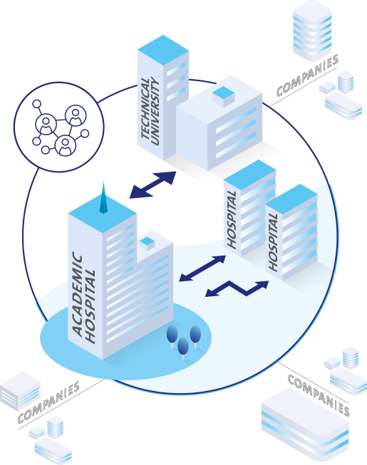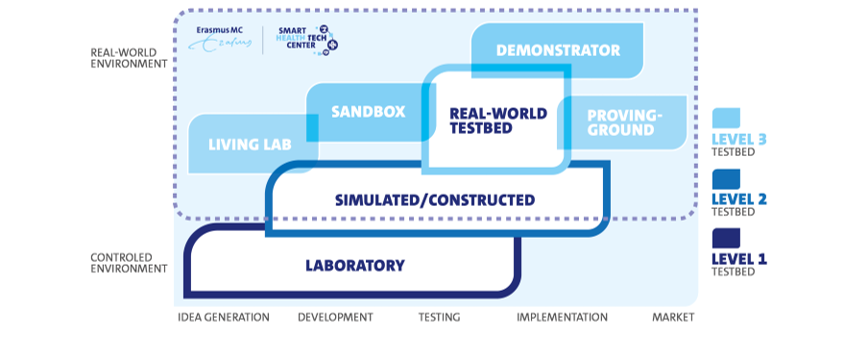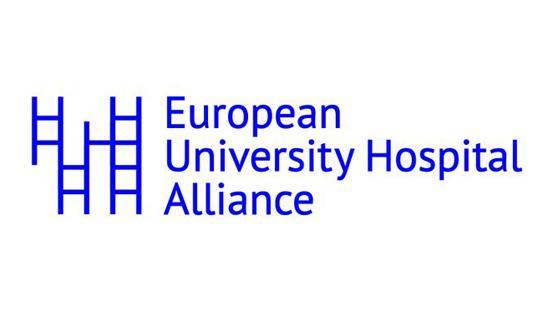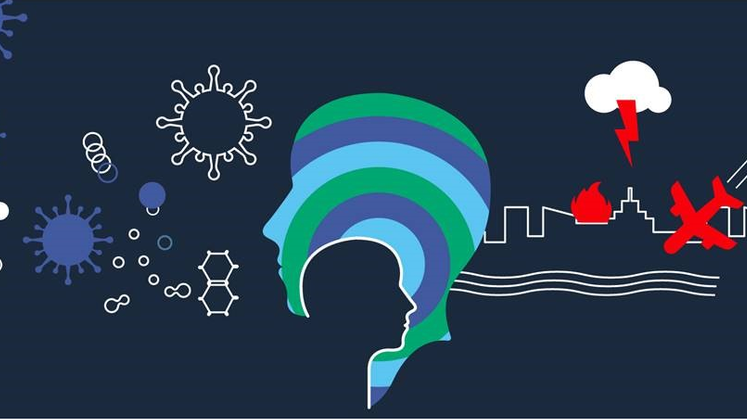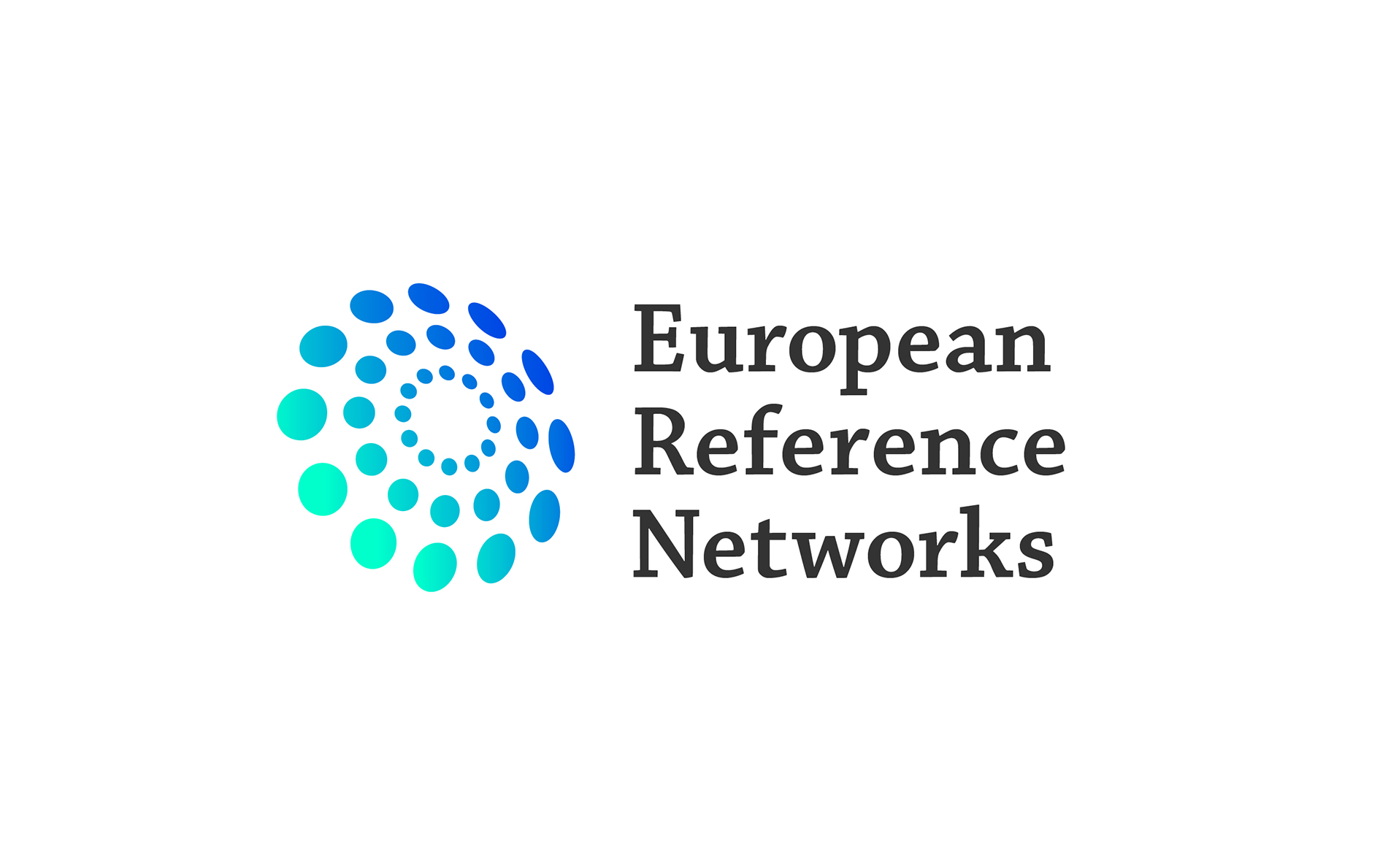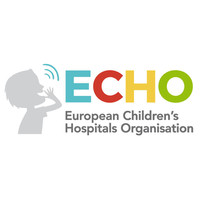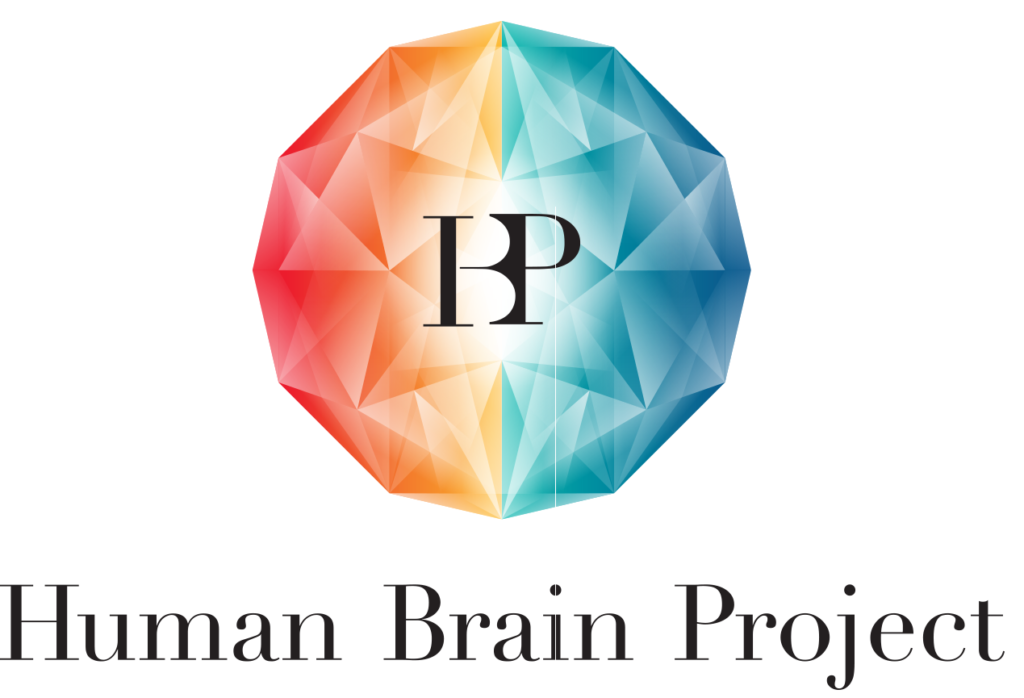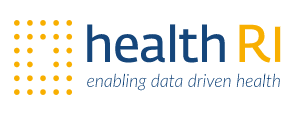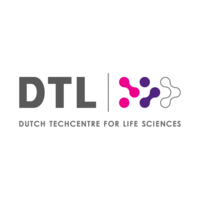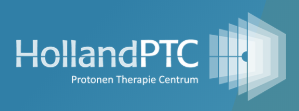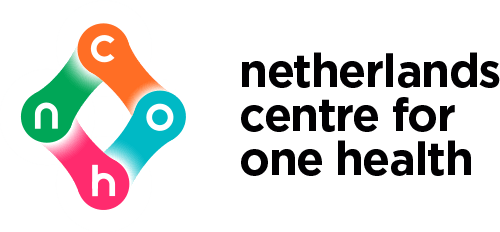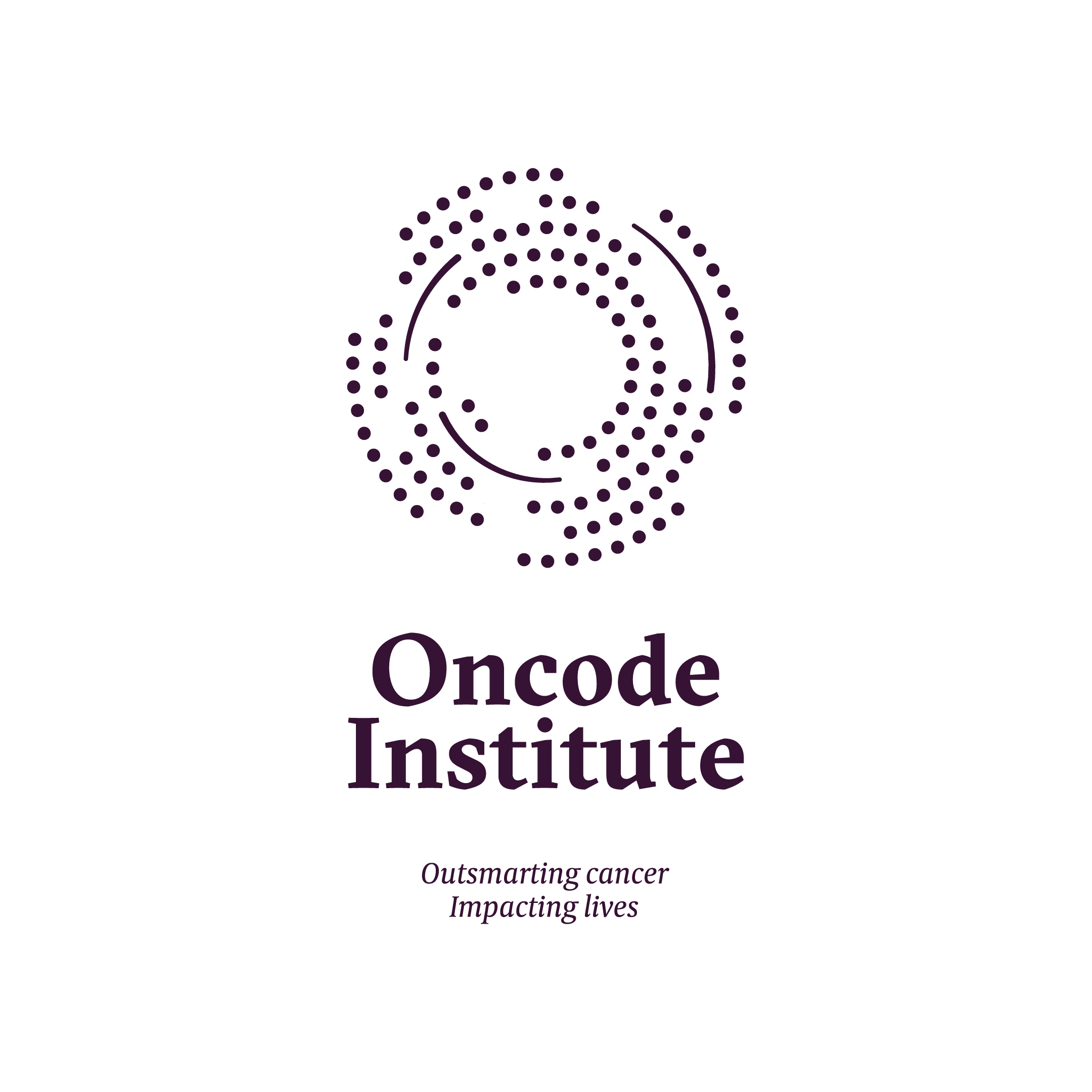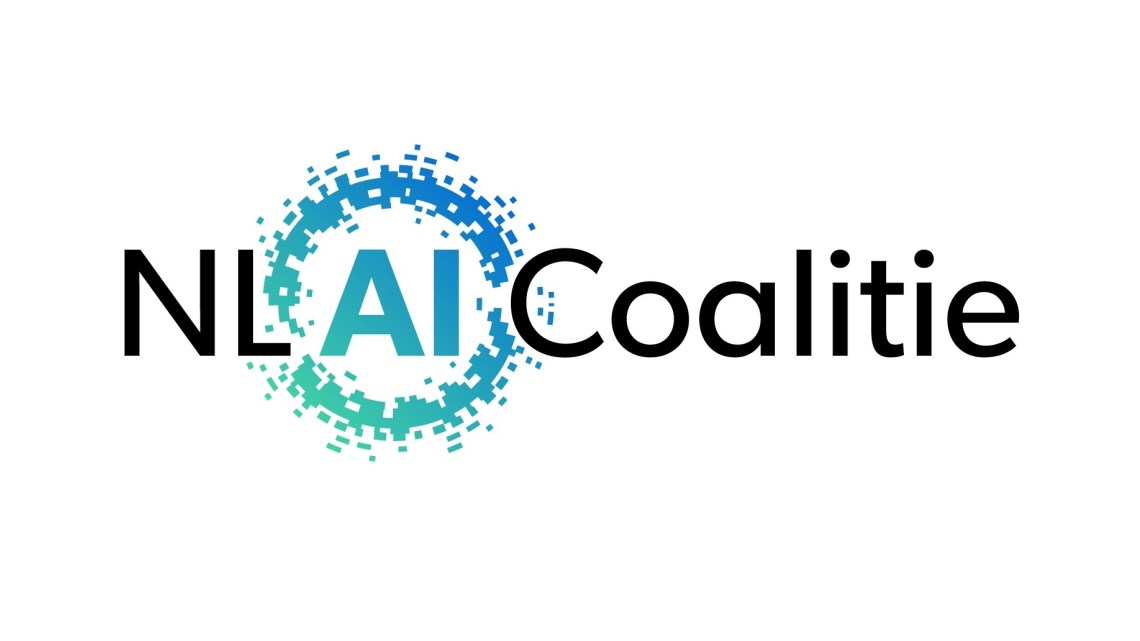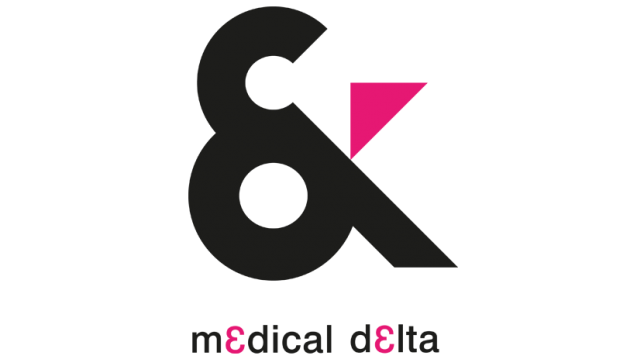Erasmus MC is one of the largest university hospitals in the Netherlands and has a broad range of in-house facilities and (data-)infrastructures. Erasmus MC also has access to external facilities at partner hospitals, universities and municipalities through networks and collaborations in the South Holland region, the Netherlands and Europe.
These facilities can be built-up and/or used as mock-up settings, field-, living-, and innovation labs through which we can deliver testing, experimentation and validation services for smart health tech innovations.
Our academic hospital

Our research facilities
Erasmus MC research facilities are available to Erasmus MC researchers as well as affiliated institutions and third parties.
Erasmus MC research facilities provide state-of-the-art technologies including specialized facilities, specialized equipment, innovative processes and valuable data collections. Skilled facility personnel deliver professional advice and guidance.
Below you find a few examples of what research facilities Erasmus MC has to offer:
The Generation R Study
The Generation R Study is a prospective cohort study from foetal life until young adulthood in a multi-ethnic urban population. The study is designed to identify early environmental and genetic causes of normal and abnormal growth, development and health from foetal life until young adulthood. Eventually, results forthcoming from the Generation R Study have to contribute to the development of strategies for optimizing health and healthcare for pregnant women and children. Spring 2017 Generation R launched a new cohort study: Generation R Next. An important aim of Generation R Next is to study the health and lifestyle of a mother to be before pregnancy and the effects on the growth and development of her child.
Read more.
ERGO – The Rotterdam Study
The Rotterdam Study is a prospective cohort study ongoing since 1990 in the city of Rotterdam in The Netherlands. The study targets cardiovascular, endocrine, hepatic, neurological, ophthalmic, psychiatric, dermatological, otolaryngological, locomotor, and respiratory diseases. As of 2008, 14,926 subjects aged 45 years or over comprise the Rotterdam Study cohort. Since 2016, the cohort is being expanded by persons aged 40 years and over.
Read more.
Experimental Medical Instrumentation (EMI)
Innovative partner in the development of unique medical instruments and experimental set-ups. EMI has the following expertise: Micromechanics and precision engineering, 3D-modelling and printing, Optics and Fiberoptics, Electronics.
Read more.
Artificial intelligence Labs at Erasmus MC
Regarding artificial Intelligence (AI) as a partner in healthcare, two dedicated AI labs are being set up. Researchers, tech businesses joining forces to make this happen at Erasmus MC, funded by the Dutch Government. One of the Labs focusses on ‘From 112 (the Dutch emergency number) to rehabilitation: improve the patient journeys of patients suffering from a stroke and the other lab on ‘Improving MRI’: An MRI scanner that determines the protocols in advance by providing information about the patient. One that can adjust itself during the scan using information from the first series of scans. Or one that doesn’t have to start over if the patient moves during the scan, but can correct motion artefacts automatically.
Read more.
For a more extensive overview of the available research facilities at Erasmus MC, See here.
Our innovation settings, mock-up, field-, living labs and specialized testing & validation set-ups.
Within the Erasmus MC, different set-ups are possible to fulfill the testing, experimentation and validation needs for your product. Please contact us for more information on the possibilities.
Below you find a few examples of what facilities Erasmus MC has to offer:
Smart Patient monitoring Living Lab (LivSense)
Coordinated research, development, and testing of generic wireless sensor monitoring systems in the real life setting of multiple departments. Scientific experiments and observations of patients and health care professionals in interaction with these systems, coextensive with the everyday workflow.
Read more
Center for Ultrasound Brain imaging at Erasmus MC (CUBE)
CUBE is the first dedicated ultrasound center in the world and holds an extensive and diverse expert team with the singular purpose of unveiling the mysteries of the human brain. We are working around 3 main themes, namely
- Whole-brain Functional Imaging: Functional Ultrasound (fUS) to measure brain activity;
- Image-guided neurosurgery: focus on improving oncological neurosurgery by imaging and fUS
- Next-generation ultrasound technology: focus on computational ultrasound to get better images.
Read more
Consultation Room 2030
Healthcare has traditionally centered around the bricks and mortar of a hospital. Regardless of the medical complaint or the location, be it the GP’s office, the hospital, an out-patient clinic, an emergency room, the doctor-patient interaction takes place within the domain of the Consultation Room. Consultation Room 2030 will facilitate cross-disciplinary collaboration to develop, test and integrate digital technologies to empower patients, enhance the preparation of medical consultations and support direct doctor-patient contacts.
Read more
Skills & Simulation Center
Skills & Simulation Center (SCC) is the place to be to train important surgical, nursing and non-technical skills for high quality and future proof healthcare. Skills & Simulation Center can facilitate development, integration and testing of innovative digital technologies aimed to enhance the effectiveness and efficiency of education and training, e.g. virtual reality tools.
Read more
Outcome-based personalized care & counselling in Head & Neck cancer
- WHY? Provide tailor-made and appropriate future proof (Head & Neck) cancer care and counselling to
strengthen patient empowerment in both the curative and palliative phase.
- WHAT? With healthcare tools as our ePRO-structure and individualized prognostic models in easy-to-use dashboards.
- HOW? Using outcome data and communication technologies on two levels:
- Individual-level: strengthening patient empowerment and decision-making: 1) for professional use in the consultation room
and 2) for patient use enhancing self-management within a controlled environment of remote cancer care & monitoring.
- Population-level: quality improvement of the healthcare trajectory by continuous learning from aggregated outcome data.
Read more
For a more extensive overview of the available innovation facilities at Erasmus MC, see here.
